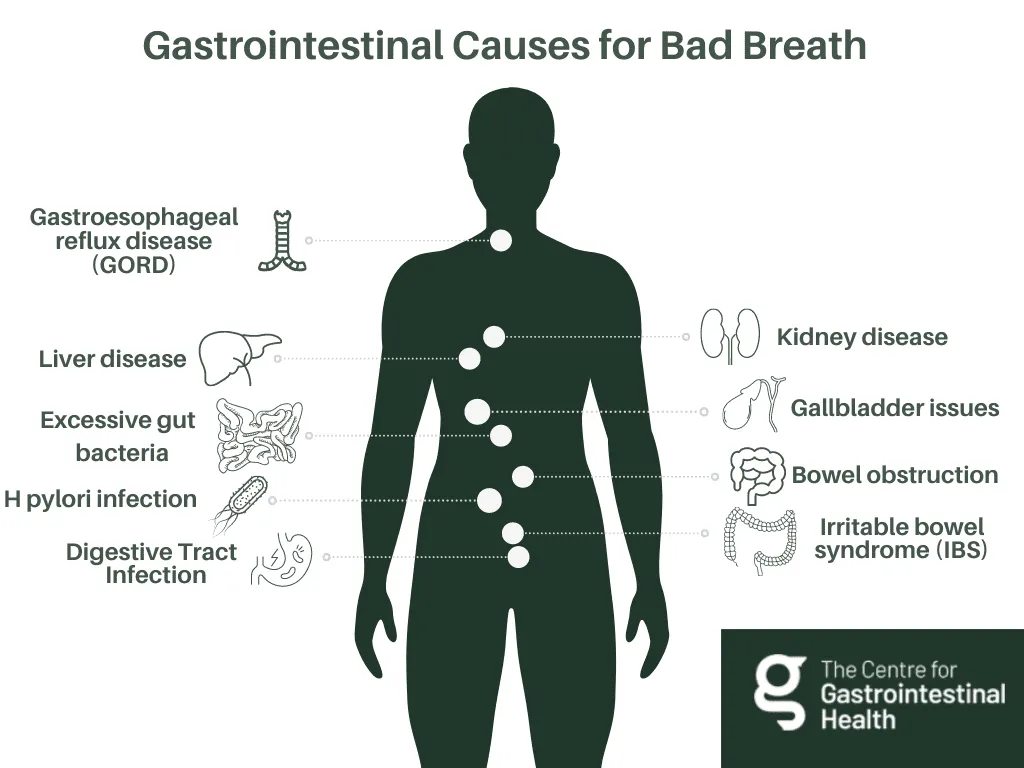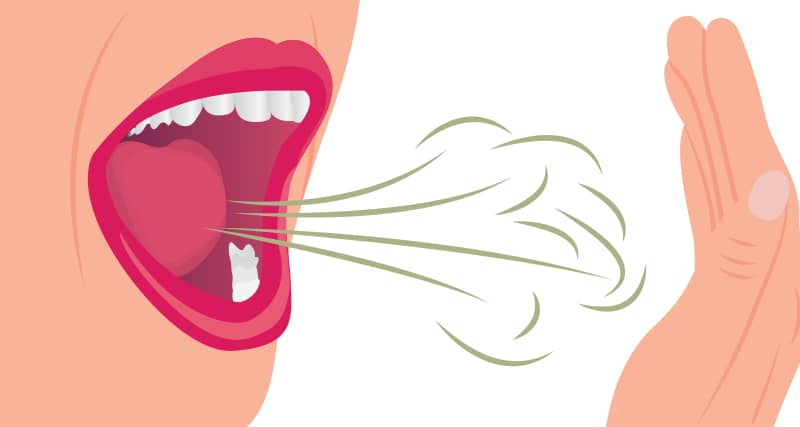Have you ever wondered why your breath sometimes doesn’t smell quite as fresh as you’d like, despite your rigorous oral hygiene routine? It’s possible that the source of the problem isn’t just in your mouth but stems from your stomach. The relationship between digestive health and oral freshness is more significant than you may think. Understanding the connection between your gut and your breath can not only help identify the root of the issue but also guide you toward more effective solutions.
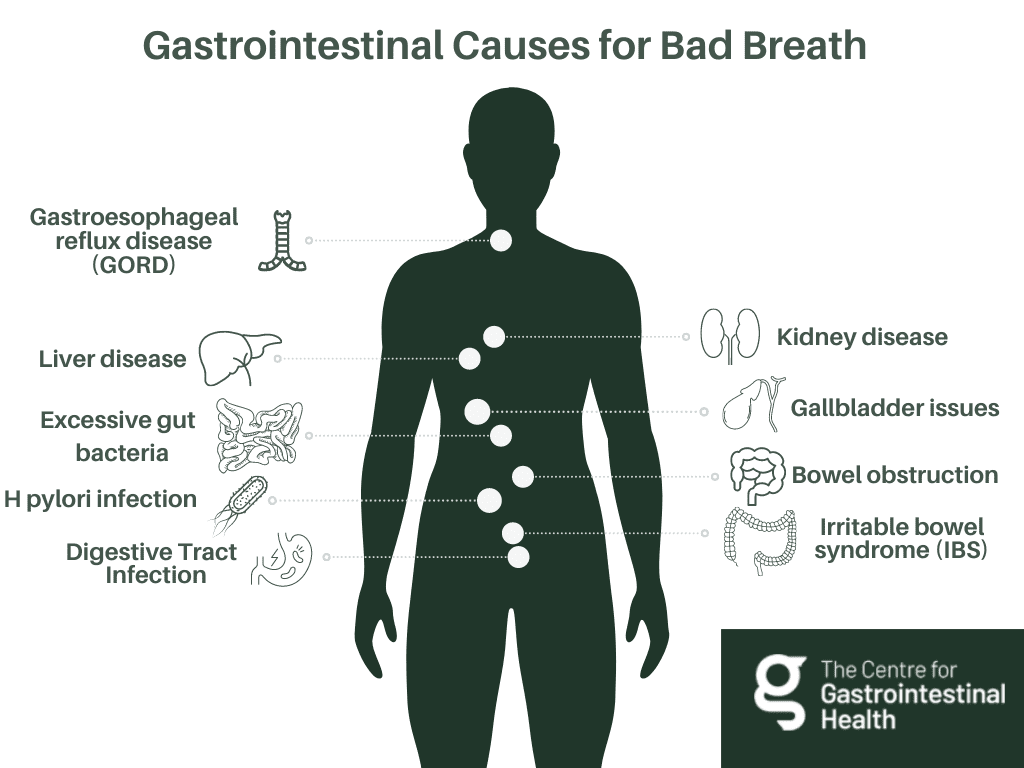
Go Here Now & Discover The Sugar Hack (Use This Today)
Understanding Bad Breath and Its Origins
Bad breath, or halitosis, is a common issue that affects many individuals. It can be both embarrassing and frustrating, especially when you’re not sure of its cause. While many cases of bad breath begin in the mouth, sometimes the origin is related to the stomach. Let’s explore how the stomach can contribute to this condition.
Common Causes of Bad Breath
Despite being a common issue, pinpointing the exact cause of bad breath can be tricky. It’s essential to understand the typical sources before delving into those related to the stomach.
- Oral Hygiene: Poor dental care can lead to food particles in the mouth, promoting bacterial growth and resulting in an unpleasant odor.
- Diet: Eating foods with strong odors, such as garlic or onions, can temporarily contribute to bad breath.
- Tobacco Products: Smoking or chewing tobacco causes its own types of odor.
- Dry Mouth: Saliva is necessary for cleansing the mouth. When you have a dry mouth, dead cells can accumulate and decompose inside the mouth, leading to bad breath.
- Dental Issues: Cavities or gum disease can harbor bacteria that cause unpleasant odors.
Connecting the Stomach and Breath
Now that we’ve touched upon the common oral and lifestyle factors, let’s focus on stomach-related causes. Your digestive system plays a considerable role in overall health, including oral hygiene.
Odd “Sugar Hack” Fixes Bleeding Gums & Restores Your Smile
Stomach-Related Causes of Bad Breath
Your digestive tract can be a contributing factor to persistent halitosis. It’s intriguing to examine how conditions, often unnoticed at first, can reflect visible symptoms through something as simple as breath. Here’s how:
Gastroesophageal Reflux Disease (GERD)
GERD is one of the more recognizable conditions linking the stomach to bad breath. It involves stomach acid flowing back into the esophagus, leading to a sour or foul-smelling breath.
- Symptoms: Heartburn, chest pain, swallowing difficulty, and regurgitation.
- Breath Connection: The acid and partially digested contents that reach your mouth can emit a sour smell.
Gastritis
Inflammation of the stomach lining, known as gastritis, is another culprit. This condition can be associated with bacterial infections, prolonged use of anti-inflammatory drugs, or excessive alcohol consumption.
- Symptoms: Nausea, vomiting, and a feeling of fullness after consuming a small amount of food.
- Breath Connection: The infection or inflammation can cause a noticeable change in breath odor.
Helicobacter pylori Infection
This bacterial infection can lead to stomach ulcers, which may occasionally manifest as bad breath.
- Symptoms: Abdominal pain, bloating, and burping.
- Breath Connection: The bacteria itself can produce compounds that cause odor.
Diabetic Ketoacidosis
While this isn’t strictly a stomach issue, it’s crucial to include due to its significance. In uncontrolled diabetes, ketones build up and can release a fruity or acetone-like odor on the breath.
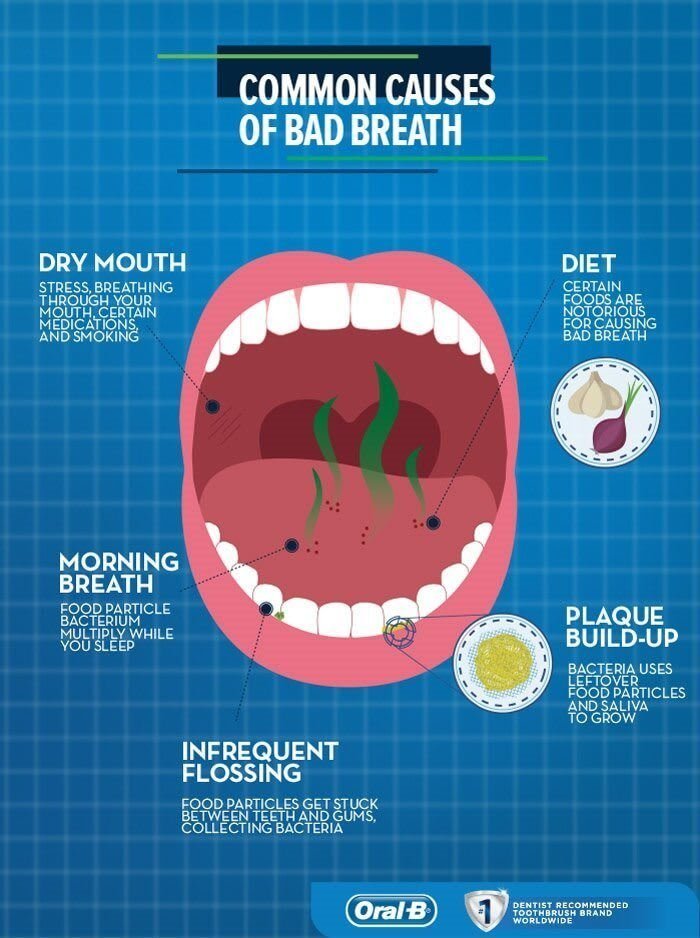
Self-Diagnosis: Is Stomach-Related Bad Breath Your Issue?
Identifying if your bad breath originates from your stomach isn’t always a straightforward task. However, understanding certain connections and observing your symptoms over time will help.
Noticing Patterns
Carefully note when your breath seems worse or more persistent:
- After Meals: If you notice a pattern of bad breath post-eating, especially spicy or acidic meals, GERD might be a consideration.
- Accompanied by Other Symptoms: If bad breath is paired with things like heartburn or stomach pain, a stomach-related cause is more probable.
Listen to Your Body
Do you notice any discomfort, bloating, or unusual gastrointestinal symptoms? These can be indicators prompting further investigation into a digestive cause.
Professional Diagnosis
While self-monitoring is valuable, consulting with a healthcare professional ensures that you get a proper diagnosis.
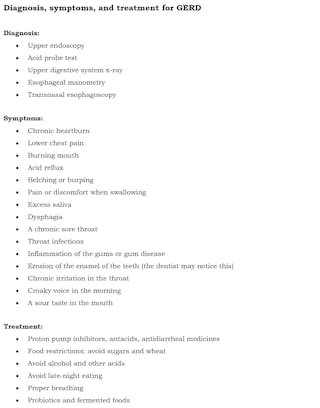
Solutions for Stomach-Related Bad Breath
Once you’ve identified the source, the next logical step is finding effective remedies. Thankfully, there are several methods to tackle breath associated with stomach problems.
Lifestyle and Dietary Changes
Adjusting what you eat and how you live can significantly impact both your stomach health and breath quality:
- Reduce Acidic and Spicy Foods: Low-acid diets may help lessen GERD symptoms and their impact on breath.
- Eat Smaller, More Frequent Meals: This can aid digestion and reduce the likelihood of acid reflux.
- Stay Hydrated: Drinking water helps keep your digestive system moving smoothly.
- Avoid Lying Down After Meals: Allow gravity to help keep stomach contents settled.
Medical Interventions
If lifestyle changes aren’t enough, it might be time to speak with a healthcare provider for further advice:
- Medications for GERD: Proton pump inhibitors (PPIs) or H2 blockers may be recommended to reduce stomach acid.
- Antibiotics for Infections: If your halitosis is due to H. pylori or other infections, antibiotics might be necessary.
- Regular Medical Check-ups: Periodic evaluations can help monitor your condition and adjust treatments accordingly.
Proactive Approaches to Prevention
Preventative measures will benefit you in maintaining both digestive and oral health. Taking proactive steps will reduce not only the occurrence of bad breath but also improve your overall well-being.
Regular Oral Hygiene
Don’t ignore the basics:
- Brush and Floss Regularly: This will help remove food particles and plaque.
- Use Mouthwash: Select an antibacterial variety to target odor-causing bacteria.
Mindful Eating
By being conscious of what and how you eat, you can better support your digestive health and ultimately your breath.
- Chew Slowly: Gives your stomach more time to process and can help with digestion.
- Avoid Late-night Feasting: Eating too closely to bedtime increases the risk of nighttime reflux.
Understanding Triggers
Keep a food and symptom diary to better understand what’s affecting you and adapt accordingly.
Seek Professional Help
If you suspect that a stomach condition is affecting you, don’t hesitate to see a healthcare provider for a professional diagnosis and targeted treatment plan.
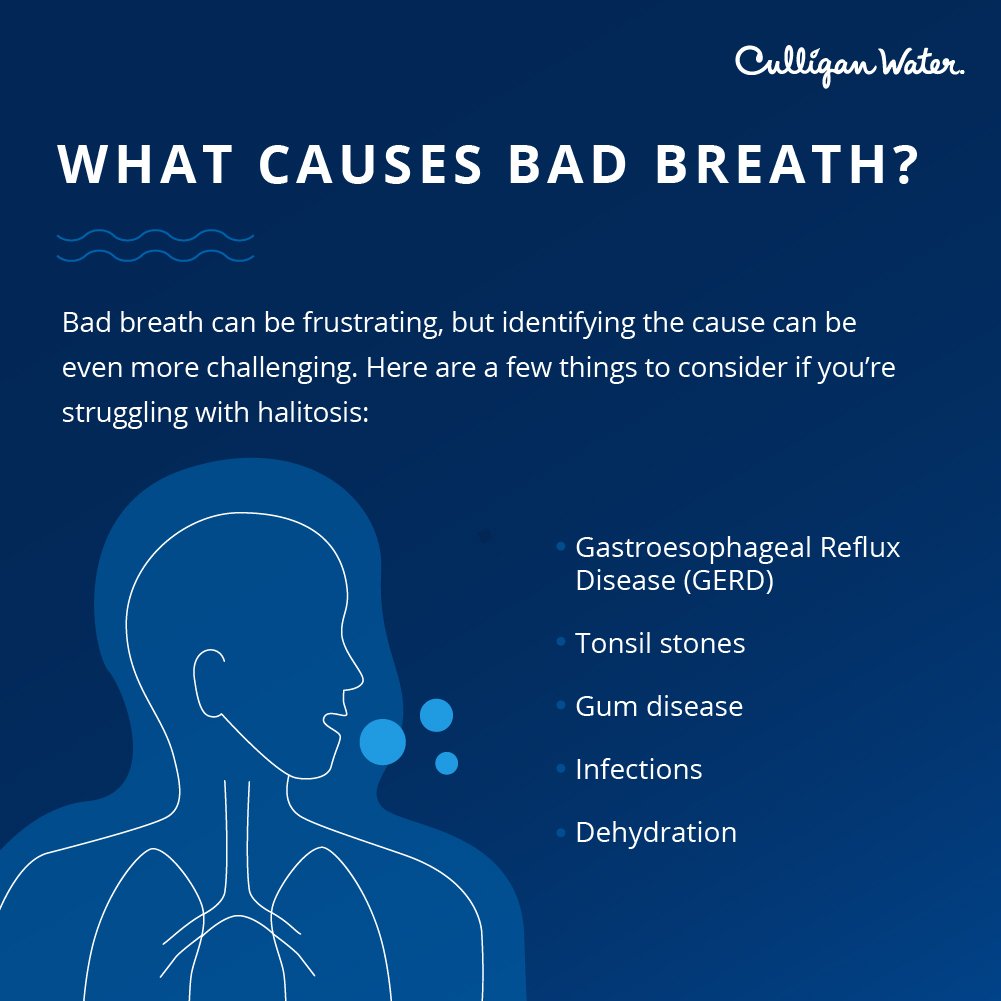
Conclusion: A Holistic Health Approach
Realizing that your stomach can influence your breath invites a broader understanding of how interconnected your bodily systems truly are. Being aware of the signs and intervening appropriately can prevent frustrating symptoms like bad breath from affecting your daily life. A combination of self-awareness, professional advice, and lifestyle adjustments can lead you toward fresher breath and improved digestive health. By taking a holistic approach to your health, you’ll not only tackle bad breath but improve your overall quality of life.
